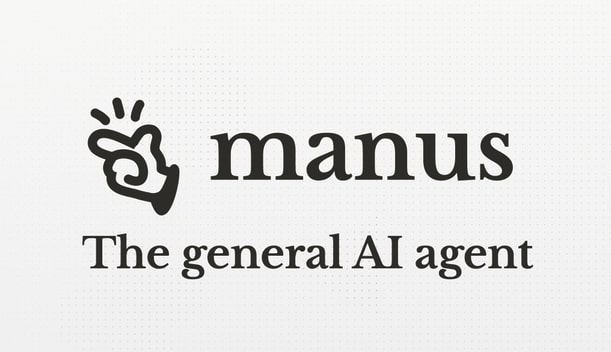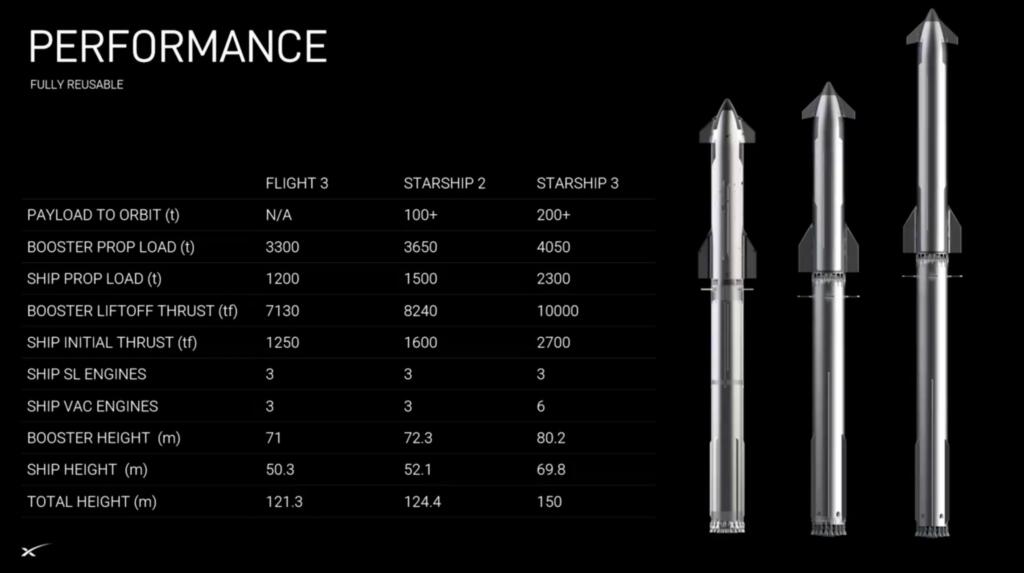Now Reading: Manus and Other AI Agent Systems
-
01
Manus and Other AI Agent Systems
Manus and Other AI Agent Systems

Manus, developed by the Chinese startup Monica, is the world’s first fully autonomous AI agent. It launched on March 6, 2025. It can independently execute complex, real-world tasks.
Manis AI can:
Analyze stocks by conducting deep research, creating checklists, and generating reports with investment recommendations.
Research AI tools by ranking the top 50 business AI tools based on a custom scoring system.
Create interactive courses from a simple text prompt, turning them into websites with interactive elements.
Analyze business data by processing sales data, generating insights, and creating visuals for reports.
Find B2B leads by identifying potential customers and organizing them into a dashboard.
Conduct SEO audits by running detailed website analysis and generating actionable reports.
Mistral AI’s Agents and Microsoft’s Magma are competing AI agent systems.
Manus is great at multi-step digital tasks—like web browsing, data analysis, and coding—using a multi-agent architecture where specialized sub-agents tackle different aspects of a workflow. Mistral’s Agents has similar capabilities with a focus on autonomous task execution in digital environments.
Microsoft Magma extends its reach into the physical domain by managing robotic systems alongside software tasks. This broader scope suggests a different kind of capability rather than a direct overlap with Manus’s strengths. Magma could theoretically instruct a robot to assemble hardware or navigate a physical space.
Most Impressive Capabilities of Manus
End-to-End Task Autonomy
Manus can take a vague user prompt—like “find me an apartment” or “analyze Tesla stock”—and independently break it down into actionable steps, execute them, and deliver a complete result. For example, it can research real estate listings, evaluate factors like crime rates and commute times, and present a tailored report, all without further human input. This bridges the gap between idea conception and execution, setting it apart from traditional AI models that merely generate responses.
Multi-Agent Architecture
Unlike single-model systems like ChatGPT, Manus operates as a multi-agent system, deploying specialized sub-agents to handle different aspects of a task (e.g., data collection, analysis, visualization). This allows it to manage complex workflows seamlessly, such as screening resumes, cross-referencing job market trends, and producing hiring reports, or even building and deploying a website from scratch.
Tool Integration and Web Automation
Manus integrates with external tools like web browsers, APIs, and code editors. It can autonomously browse the internet, scrape data, write and execute scripts, and interact with web applications. For instance, it has been demonstrated creating interactive websites with stock analysis visualizations and deploying them live, resolving hosting issues on its own.
Asynchronous Cloud Operation
Running in the cloud, Manus works asynchronously, meaning users can assign a task, close their device, and return to a completed result. This is particularly useful for time-intensive tasks like research or data processing, enhancing its practicality as a hands-off assistant.
Versatility Across Domains
Manus exhibits general-purpose capabilities, excelling in diverse areas such as financial analysis (e.g., stock correlation studies), travel planning (e.g., personalized itineraries factoring in weather and safety), recruitment (e.g., resume evaluation), and software development (e.g., coding websites). This broad applicability marks it as a step toward artificial general intelligence (AGI).
Performance on GAIA Benchmark
Manus reportedly outperforms OpenAI’s Deep Research system on the GAIA benchmark, which tests AI agents on real-world problem-solving across varying difficulty levels. It achieved scores of 86.5% (basic), 70.1% (intermediate), and 57.7% (complex tasks), compared to OpenAI’s 74.3%, 69.1%, and 47.6%, respectively, highlighting its superior autonomy and reasoning.
Known Manus Problems
Crashes and Instability
Early testers have reported frequent system crashes, particularly during tasks like ordering food or booking flights. For example, attempts to order a sandwich or secure a flight from NYC to Japan resulted in failures or incomplete processes, indicating reliability issues in its current beta phase.
There needs to be resource allocation to ensure that coding tasks have results stored in areas with enough memory.
Factual Inaccuracies and Hallucinations
Manus sometimes generates incorrect or fabricated data. In one test, it produced a report on public sentiment about the Department of Government Efficiency (DOGE) with fake sources, including a defunct blog and invented social media users, undermining its credibility for critical applications.
Infinite Loops and Execution Errors
Users have noted instances where Manus gets stuck in endless feedback loops or fails to execute tasks correctly, such as producing clunky website designs or misinterpreting instructions. This suggests limitations in its ability to self-correct consistently.
Limited Server Capacity
Due to its invite-only status and high demand, Manus suffers from server overload, leading to access delays and performance bottlenecks. This scalability issue hampers its usability for a broader audience.
If there were an opensource version, then people could install their agent AI on servers that are sized for the tasks they want to perform.
Ethical and Security Risks
Its autonomy raises concerns about accountability (e.g., who’s liable for a costly mistake?), data privacy (e.g., where is user data stored?), and potential misuse (e.g., autonomous misinformation campaigns). Running in a sandboxed environment, it still risks vulnerabilities if misconfigured or exploited.
Dependence on Existing Models
Manus relies on fine-tuned versions of existing models like Anthropic’s Claude and Alibaba’s Qwen, rather than a fully proprietary system. This has led some to question its originality and whether its capabilities stem from innovative architecture or clever integration.
Known Mitigations to Problems
Sandboxed Environment
To address security risks, Manus operates in a sandbox, isolating its execution environment to prevent unauthorized system access or harmful actions. Developers have emphasized this as a critical safeguard, though proper configuration is essential to avoid breaches.
Beta Testing and User Feedback
The current invite-only phase is explicitly designed to stress-test the system and identify bugs. The Manus team is actively collecting user insights to refine stability and performance, with plans to scale server capacity as issues are resolved.
Self-Correction Mechanisms
Manus has shown some ability to recognize errors and improvise solutions, such as adjusting its approach when hitting obstacles during task execution. Enhancing this feature could mitigate loops and inaccuracies, though it’s not yet consistent across all scenarios.
Transparency Features
The “Manus’s Computer” interface allows users to monitor and intervene in its processes, offering a degree of oversight. Replayable and shareable sessions also help users understand and correct its actions, addressing transparency and control concerns.
Iterative Development
The team acknowledges Manus is in its infancy and aims to improve its reliability and autonomy over time. For instance, addressing factual inaccuracies might involve better validation of sources or tighter integration with authoritative data APIs.

Brian Wang is a Futurist Thought Leader and a popular Science blogger with 1 million readers per month. His blog Nextbigfuture.com is ranked #1 Science News Blog. It covers many disruptive technology and trends including Space, Robotics, Artificial Intelligence, Medicine, Anti-aging Biotechnology, and Nanotechnology.
Known for identifying cutting edge technologies, he is currently a Co-Founder of a startup and fundraiser for high potential early-stage companies. He is the Head of Research for Allocations for deep technology investments and an Angel Investor at Space Angels.
A frequent speaker at corporations, he has been a TEDx speaker, a Singularity University speaker and guest at numerous interviews for radio and podcasts. He is open to public speaking and advising engagements.

























